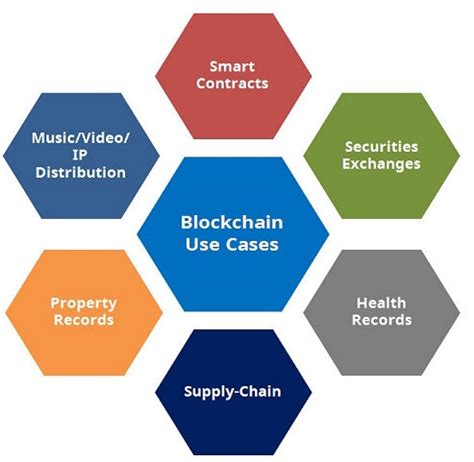Systemic risk in decentralized finances: understand threats and mitigating measures
The emergence of decentralized finances (Defi) has revolutionized the way people handle their finances, but also brings significant risks. One of the most pressing concerns is the systemic risk, which can have long -range consequences if it is not controlled.
What is systemic risk?
The systemic risk refers to the potential of a collapse of the entire financial system, caused by a combination of factors such as market failures, regulatory weaknesses or complex interactions between the different components of the system. In the context of Defi, the systemic risk arises from the concentration of value in specific assets, such as cryptocurrencies and lack of supervision and regulation.
The risks in decentralized finance
- Liquidity crisis : A sudden loss of confidence in an asset or defi platform in particular can lead to a liquidity crisis, where investors rush to withdraw their funds at the same time, which makes prices collapse and potentially trigger a waterfall of retreats.
- Risk of contagion : The propagation of the instability of one asset to another can create a cycle of self-reference, which leads to a systemic risk that is difficult to control.
- Regulatory uncertainty
: Changes in regulatory policies or lack of clear guidelines can create uncertainty and instability in Defi markets.
- Market handling : Sophisticated actors can try to manipulate price movements by disseminating false information or creating artificial market conditions.
The role of cryptocurrencies

Cryptocurrencies, such as Bitcoin and Ethereum, have become a focal point for many defi applications due to their decentralized nature and lack of government control. However, this also increases the risk of systemic instability:
- Volatility : Cryptocurrency price movements can be very volatile, making them vulnerable to sudden changes in the feeling of investors.
- Regulatory uncertainty : Governments do not always provide clear guidelines or regulations for the use of cryptocurrencies, which leads to uncertainty and volatility of the potential market.
Mitigating measures
To mitigate the systemic risk in Defi, it is essential to adopt an focus on layers:
- Diversification : Disseminates investments in different kinds of assets, such as traditional values, cryptocurrencies and established, to reduce the risk of concentration.
- Regulatory compliance : Make sure the defi platforms comply with relevant regulations and guidelines, particularly those related to values and products.
- Liquidity management : Implement effective liquidity management strategies, such as layers, coverage and market manufacturing, to mitigate the impact of liquidity crises.
- Stress tests : Regularly perform stress tests on Platforms Defi to identify vulnerabilities and develop mitigation strategies.
Conclusion
Systemic risk is a significant concern in decentralized finances, particularly with respect to cryptocurrencies. By understanding the risks and adoption of mitigating measures, investors can reduce their exposure to potential instability and ensure that their assets are protected.
As Defi’s ecosystem continues to grow and evolve, it is essential that regulators and market participants work together to develop clear guidelines and regulations that address systemic risk. Just adopting an focus on layers to manage these risks we can create a more resistant and sustainable environment.
Recommendations
- Educate investors : Provide investors accurate information about the risks associated with cryptocurrency investment.
- Regulatory guide : Develop clear guidelines for defi platforms, including requirements for regulatory compliance and liquidity management.
3.